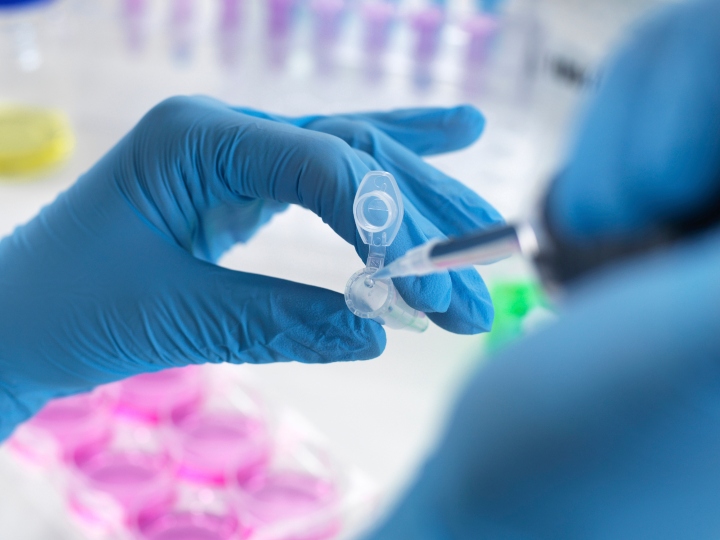Gas Chromatography - Inductively Coupled Plasma (GC/ICP/MS) for separation and measurement of ultra-trace levels of metals and organo-metallic compounds
Gas Chromatography - Inductively Coupled Plasma - Mass Spectrometry analysis combines three analytical tools: Gas Chromatography, Inductively Coupled Plasma and Mass Spectrometry, into one integrated system. It allows lower limits of detection for metals, sulphur and mercury speciation in crude oils and oil products. GC/ICP/MS provides a powerful laboratory technique for analyses, with the capability to separate and quantitate ultra-trace levels of metals and organo-metallic compounds. This powerful analytical tool is available from the Intertek laboratory network in the UK. Samples can be easily shipped for testing. In conjunction with Liquid Chromatography - Inductively Coupled Plasma - Mass Spectrometry (LC/ICP/MS) both techniques facilitate enhanced water analysis allowing comprehensive information to be obtained.
Advantages of GC/ICP/MS analysis:
- Detection limit: ~50 ng/g, 50 ppb is several orders of magnitude lower than rival detectors
- Speciation of Sulphur: Compound Independent Calibration (the sulphur response factor for any compound can be determined from a singe compound), Stability and Robustness
- Sensitivity towards a specific element, such as sulphur, is virtually unaffected by large quantities of other components present in the matrix
Testing applications for GC/ICP/MS:
- Metals Speciation Analysis and Testing
- Sulphur Speciation
- Mercury Speciation
- Determination of Organometallic Species
- Mercury Speciation in Refinery Products and Feedstocks
- Trace Metal Analysis in Water
- Trace Metals in Petroleum
- Determination of Phosphorus containing Pesticides
- Determination of Sulphur containing Pesticides
The GC-ICP-MS system is equipped with a high sample throughput auto sampler. 100 samples can be processed using 100 different methods. The unique software controls both the GC and the ICP-MS, preventing miscommunication between both instruments.

